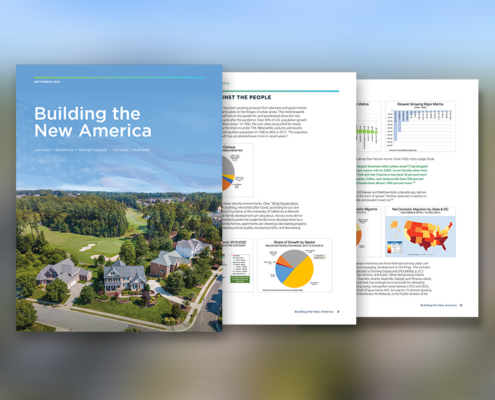
Report: Building the New America
How do we build a new urban model for America — one that is better aligned with the aspirations of most Americans? This newly released report examines the housing trends that are driving today's migration of people and jobs.

Killing the California Dream
by Randal O' Toole — Californians need to give up on their dream of a “ranch-house lifestyle” and an “ample backyard” and the state should become “more like New York City,” writes LA Times columnist George Skelton. After reading his article, the Antiplanner has just one question: Why?
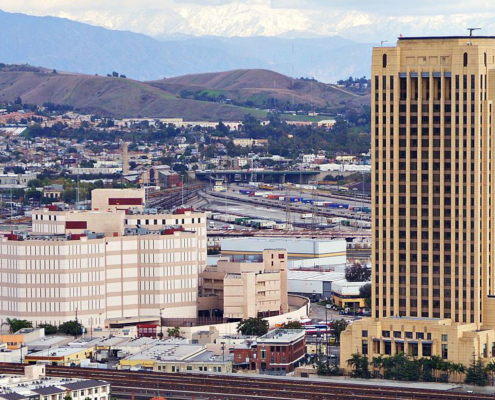
Los Angeles Rail: Ridership Decline Estimated at 42 Percent
by Wendell Cox — The Reason Foundation has just published an important review of transit in Los Angeles County, finding that building the rail (and fixed busway) system has cost considerably more than anticipated while the revenue from the multiple sales taxes passed by voters has fallen short of projections.

Anti-“Sprawl” Bay Area Leads Expanding Metropolitan Regions
by Wendell Cox — This article examines metropolitan regions based on Office of Budget & Management boundaries. It illustrates that, despite the desires of planners and environmentalists to limit “sprawl”, labor markets continue to expand their footprint, particularly in the most regulated regions such as the Bay Area.
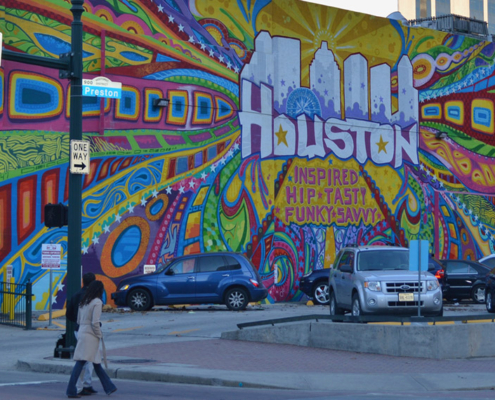
Where Millennials Really Go For Jobs
by Joel Kotkin and Wendell Cox — Contrary to media hype, young workers aren't flocking to "superstar" cities. In fact, a new Brookings study shows millennials are moving away from metros with dense big cities.

15th Annual Demographia International Housing Affordability Survey: 2019
by Wendell Cox — The 15th Annual Demographia International Housing Affordability Survey covers 309 metropolitan housing markets (metropolitan areas) in eight countries, rating middle-income housing affordabiliyy.
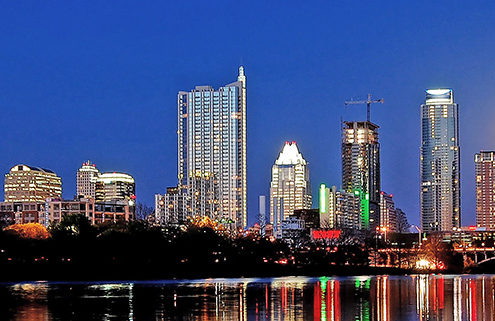
The Tech Economy’s Untold Story
by Joel Kotkin — Trends in tech economy job creation are not nearly as favorable to the “superstars” as some urbanists imagine. If one looks at data, a more nuanced picture emerges...
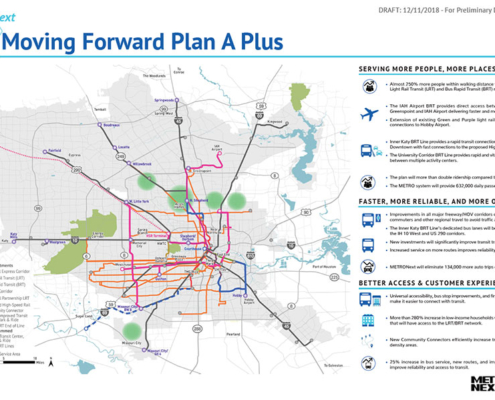
Metro’s Big Plan Spends Too Much on Light Rail, But Moves in the Right Direction
by Tory Gattis — METRO recently released a draft $7.5 billion 2040 transit plan they’ve labeled “A Plus” (the previous “A” plan plus some additions), but unfortunately it’s more like a B- when it comes to addressing Houston’s real transportation needs over the next two decades.
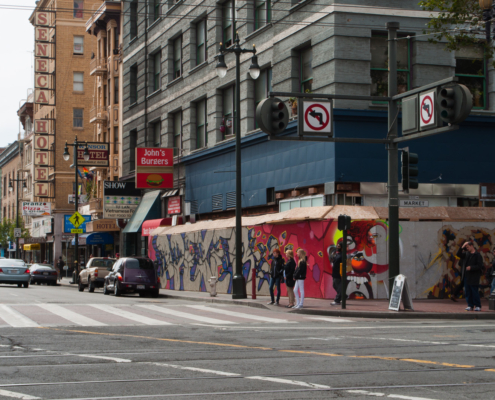
Beyond Gentrification: Towards More Equitable Urban Growth
Since the 1970s, many core cities have experienced real turnarounds, particularly in the urban centers of our largest metro areas. Yet gentrification has often operated to the detriment of the original residents whose neighborhoods have been transformed.

The High Residential Densities of California (and “Wild Wild” Texas)
by Wendell Cox — Despite their reputation for urban sprawl, the metropolitan areas of Texas have comparatively high residential densities, while the Los Angeles urban area is actually 30 percent denser, with much smaller lots than the New York metro area.
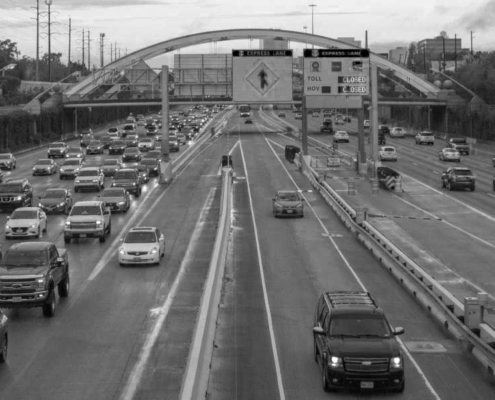
Transportation Future: From Freeways to Scooters, Transit Will Get Disrupted
by Tory Gattis — In most ways, 2020 transportation in Houston will only be incrementally different from today: completion of the U.S. 290 expansion, new toll lanes on the Texas 288, the extension of the Texas 249 toll road beyond Tomball toward College Station, the next segments of the Grand Parkway 170-mile mega-loop.
